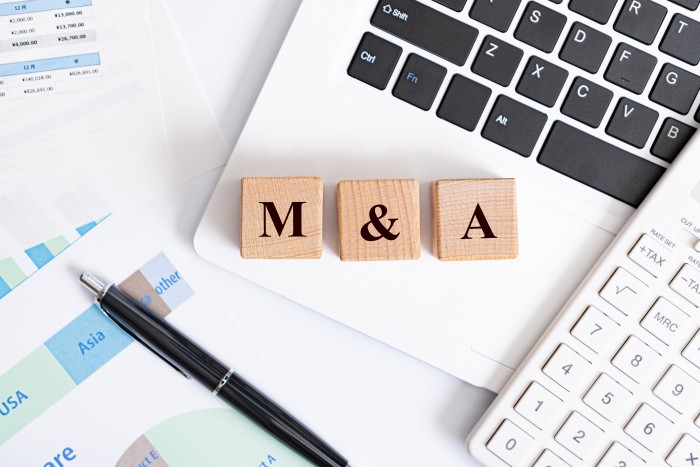AstraZeneca to Acquire Alexion in $39B Pharma Deal
AstraZeneca’s acquisition with rare disease specialist, Alexion Pharmaceuticals, is expected to double its revenue growth through 2025 and bring greater scientific presence to immunology.

Source: Getty Images
- AstraZeneca recently acquired Boston-based rare disease specialist, Alexion Pharmaceuticals, in a $39 billion pharmaceutical acquisition deal.
Notably, the deal will be AstraZeneca’s largest acquisition ever and the biggest pharmaceutical deal of the year to date, along with EMC-Dell.
The boards of directors of both companies have unanimously approved the acquisition. And as part of the agreement, Alexion shareholders will receive $39 billion or $175 per share and will own 15 percent of the combined company.
The acquisition is expected to close in Q3 of 2021.
"Alexion has established itself as a leader in complement biology, bringing life-changing benefits to patients with rare diseases. This acquisition allows us to enhance our presence in immunology,” Pascal Soriot, chief executive officer of AstraZeneca said in the announcement.
“We look forward to welcoming our new colleagues at Alexion so that we can together build on our combined expertise in immunology and precision medicines to drive innovation that delivers life-changing medicines for more patients,” Soriot continued.
AstraZeneca’s decision to acquire Alexion Pharmaceuticals was based on its desire to boost its rare-disease drug pipeline and capitalize on the biotech space in the Boston area.
Specifically, the acquisition is expected to double revenue growth for the large pharmaceutical company through 2025.
The company also expects the deal to further globalize Alexion’s portfolio and enhance operating margin and cash flow to enable quick debt reduction, AstraZeneca said.
Adding Alexion's complement-technology platforms and strong pipeline will also bring greater scientific presence in immunology.
Chief executive of the Greater Boston Chamber of Commerce, Jim Rooney, said in a Boston Globe article that he believes the federal government will increase funding for medical research in the coming years, with a target on rare diseases.
Rooney also noted that AstraZeneca’s increased presence should “draw more federal funds” to the Boston area.
Additionally, Peter Hecht, chief executive of Cyclerion Therapeutics stated that the focus among big biopharma businesses in Boston was more on research than the commercialization side. But the latest deal could change that.
AstraZeneca’s takeover is promising for the rare diseases and immunology space in a year that the company has emerged as a leading developer of a COVID-19 vaccine.
At the end of November, the company announced that its COVID-19 vaccine, AZD1222 met the primary endpoint of preventing coronavirus.
The one-dose regimen showed efficacy of 90 percent when AZD1222 was given as a half dose, followed by a full dose at least one month apart. The second dosing regimen showed 62 percent efficacy when given as two full doses at least one month apart.
Over the years, Alexion has received FDA approval for a number of its rare disease drugs.
Last June, FDA approved Alexion’s antibody therapy eculizumab (Soliris) for a rare and life-threatening blood disorder called paroxysmal nocturnal hemoglobinuria.
Soliris, which contains protein C5, can help treat other rare diseases as well. With a price tag of over $500,000 per year, Soliris is one of the most expensive drugs globally.
Additionally, Alexion also developed four additional FDA approved rare-disease drugs, including Andexxa, Kanuma, Strensiq, and Ultomiris.
Andrew Berens, MD, senior research analyst at healthcare and life sciences company, SVB Leerink, stated that AstraZeneca’s acquisition of Alexion “ticks all the boxes.”
For example, Alexion’s therapies will add almost $6 billion to AstraZeneca’s roughly $26 billion in annual sales, he predicted. And the biotech firm’s products could bring in as much as $9 billion by 2024.
“This acquisition makes sense for AstraZeneca on a number of levels, including strategic, financial, as well as from an investment thesis perspective,” Leerink said. “Alexion’s product portfolio complements AstraZeneca’s core business and AstraZeneca will be able to leverage its global sales force to market the acquired drugs in new markets.”
